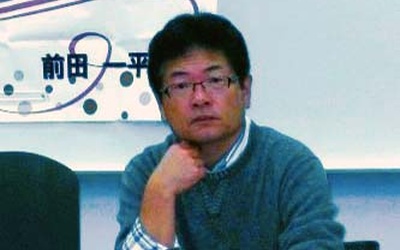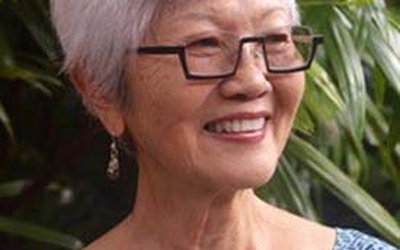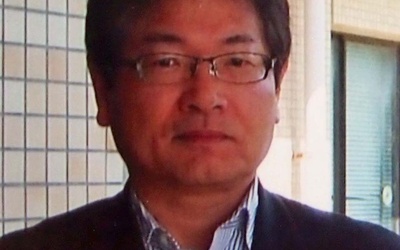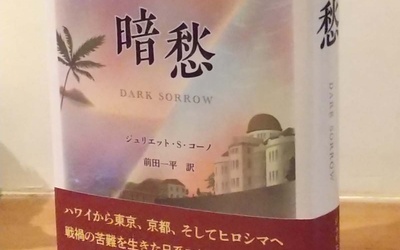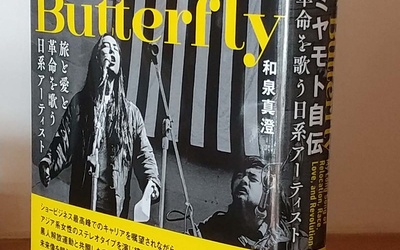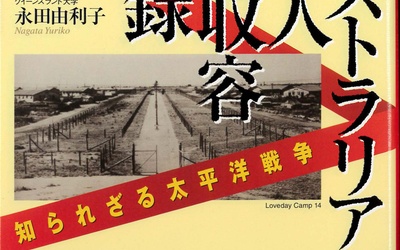On Nikkei
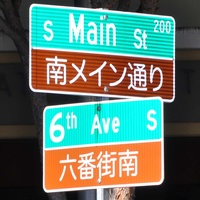
What is Nikkei? Ryusuke Kawai, a non-fiction writer who translated "No-No Boy," covers a variety of topics related to Nikkei, including people, history, books, movies, and music, focusing on his own involvement with Nikkei.
Stories from this series
Part 45: Interview with Mr. Maeda, the translator of "Darkness" - Part 3
March 22, 2024 • Ryusuke Kawai
Juliet Kono's novel "Darkness" depicts a Hawaii-born second-generation Japanese-American woman surviving a life of hardship during and after the war. Ippei Maeda, a scholar of American literature, translated the novel over the course of 10 years and published it at the end of last year. We asked him about the appeal of the novel and Japanese-American literature. Hemingway and John Okada --Mr. Maeda, you specialize in American literature, including the work of Hemingway, a classic of American literature, and you …
#45 Interview with Maeda Ippei, translator of "Anshu" - Part 2
March 8, 2024 • Ryusuke Kawai
Juliet S. Kono's novel "Darkness" depicts a Hawaii-born second-generation Japanese-American woman surviving a life of hardships during and after the war. Ippei Maeda, a scholar of American literature, translated the novel over the course of 10 years and published it at the end of last year. We asked him about the appeal of the novel and Japanese-American literature. * * * * * The spread of Japanese literature --Previously, in this column, I introduced a work called " After Dark …
No. 45 Interview with Maeda Ippei, translator of Anshuu (Darkness) — Part 1
Feb. 23, 2024 • Ryusuke Kawai
Juliet Kono's novel "Darkness" depicts a Hawaii-born second-generation Japanese-American woman surviving a life of hardship during and after the war. Ippei Maeda, a scholar of American literature, translated the novel over the course of 10 years and published it at the end of last year. We asked him about the appeal of the novel and Japanese-American literature. * * * * * The story of the heroine's "awakening" What first inspired you to translate Anshu: Dark Sorrow? Maeda: The original …
No. 44: Accepting all hardships—The world of the novel "Darkness"
Feb. 9, 2024 • Ryusuke Kawai
Unique "Japanese Literature" For second- and third-generation Japanese American or Canadian writers, the tragedies of Japanese people brought about by the Pacific War, such as the state's internment policy, have become major themes in their works, such as John Okada's No-No Boy, Joy Kogawa's Obasan, and Julie Otsuka's When the Emperor Was God. Works related to the concentration camps in particular have come to be known as "concentration camp literature," and among these literary works there are many that convey …
No. 43 The Footsteps of a Third Generation Japanese American Fighting Through Art — Reading "Nobuko Miyamoto's Autobiography"
Jan. 26, 2024 • Ryusuke Kawai
Nobuko Miyamoto, a third-generation Japanese-American, has had what is commonly called a "life full of ups and downs." However, if "life full of ups and downs" means being buffeted by the turbulence of the times and encountering unexpected situations, then in Miyamoto's case, in addition to that, her life is full of ups and downs, as she has moved forward while creating ups and downs based on her own beliefs. "Nobuko Miyamoto's Autobiography: A Japanese Artist Singing of Travel, Love, …
No. 42 Japanese Australians during the war - Reading "Records of the Internment of Japanese Australians"
Jan. 12, 2024 • Ryusuke Kawai
It is well known that with the outbreak of the Pacific War, Japanese and Japanese-Americans in the United States were forcibly isolated and placed in internment camps. It is also well known that a similar policy was implemented in Canada, although not to the same extent as the internment in the United States, and it is easy to imagine what would have happened if it had been mentioned. However, what is little known is the fact that similar internment camps …

